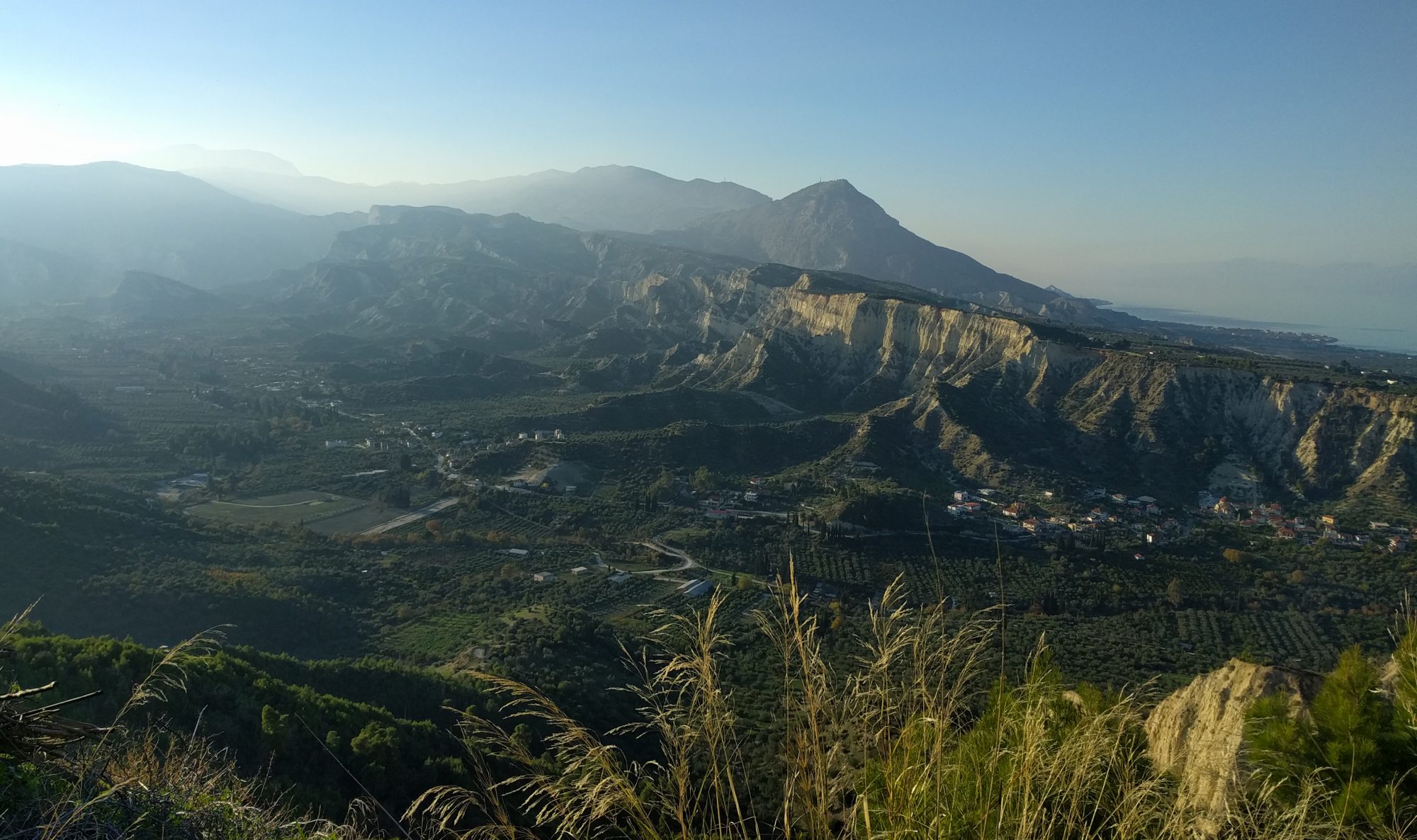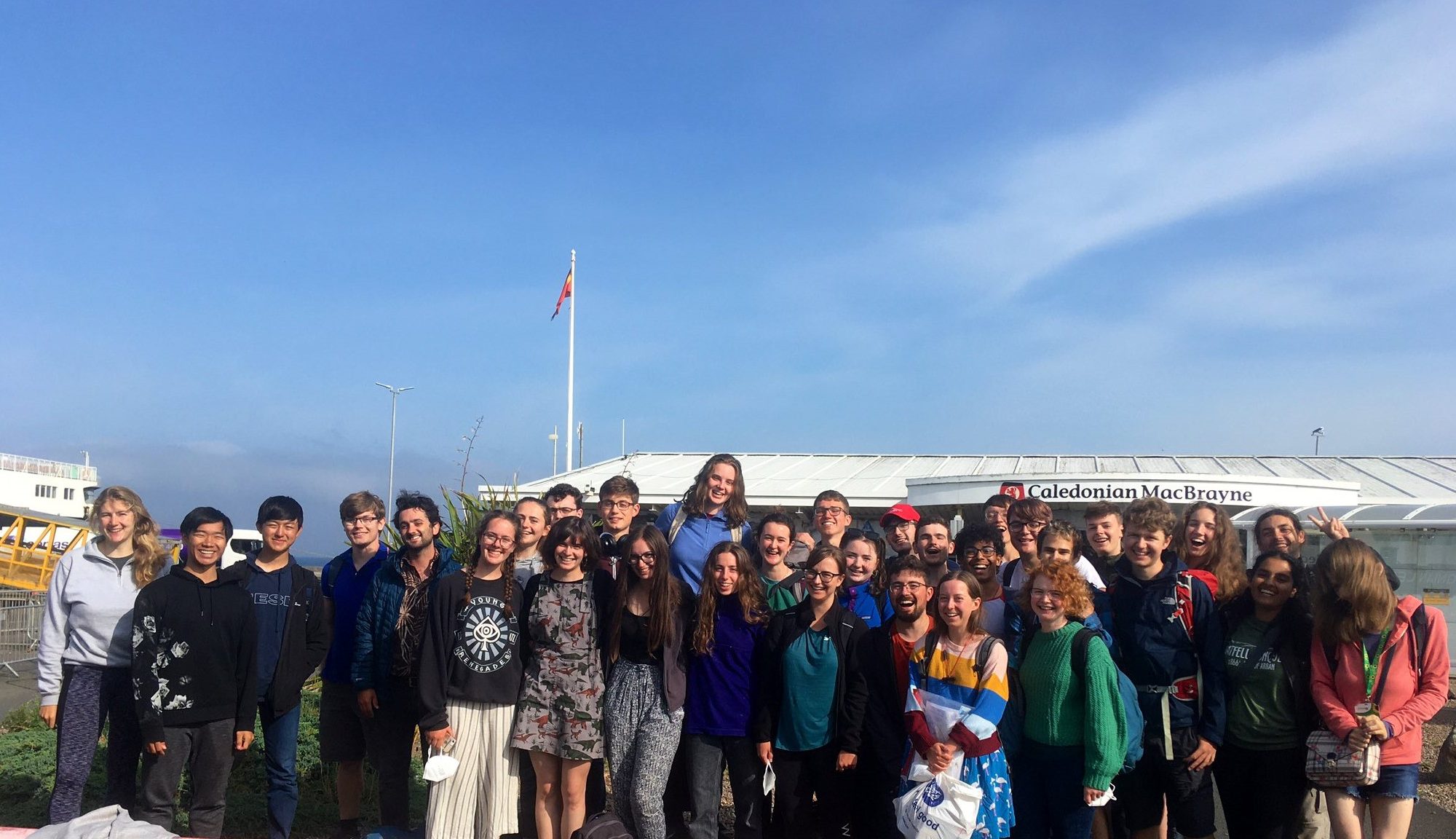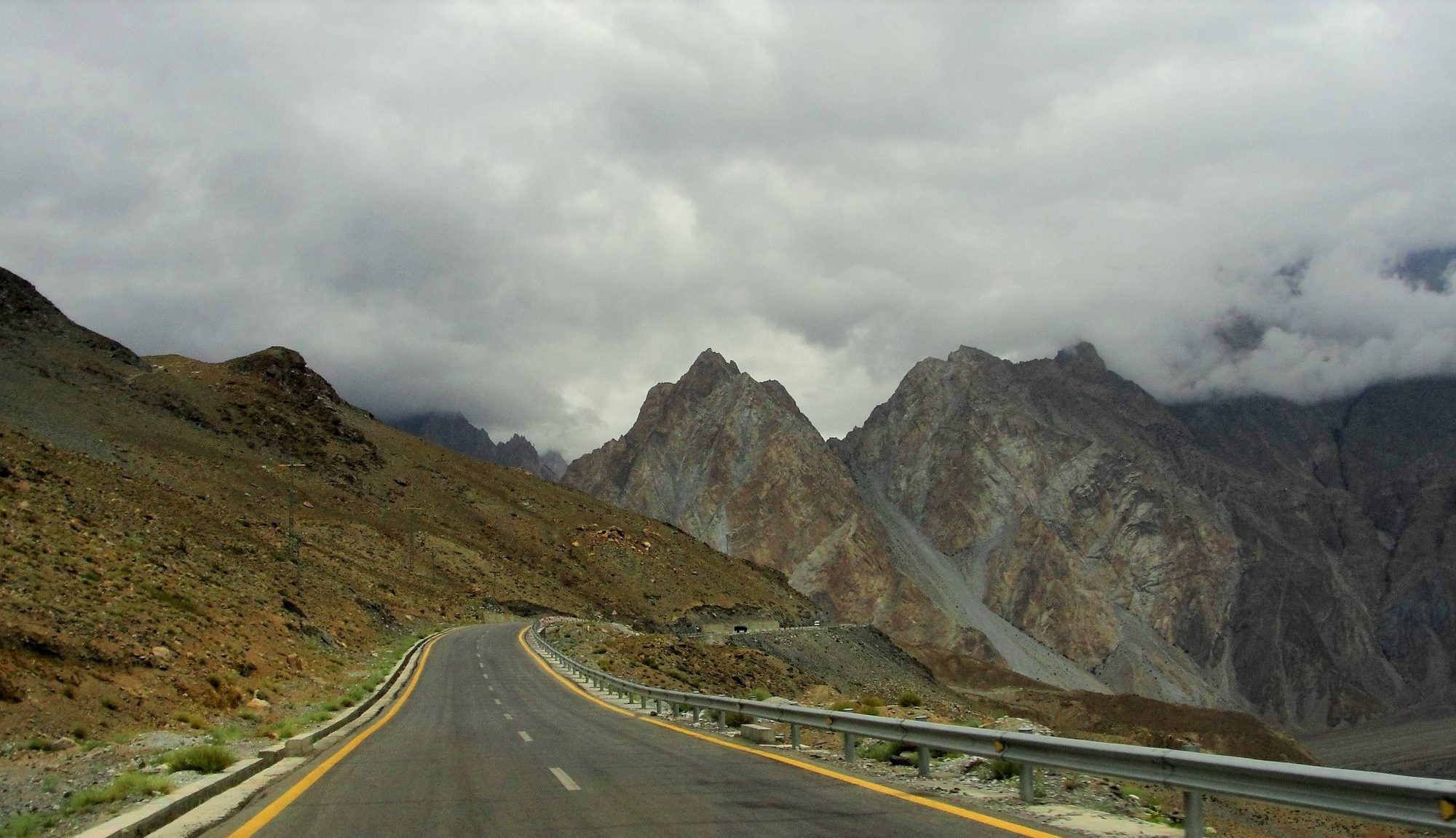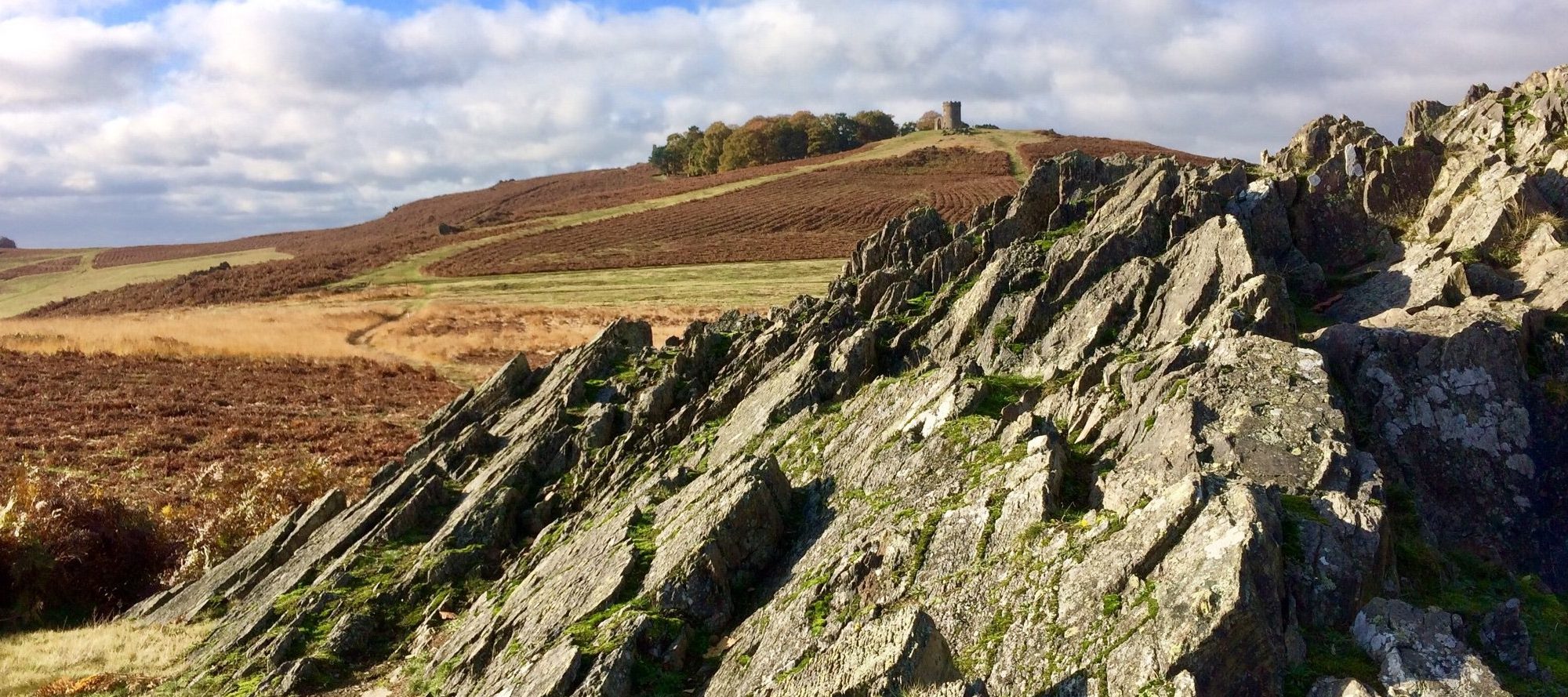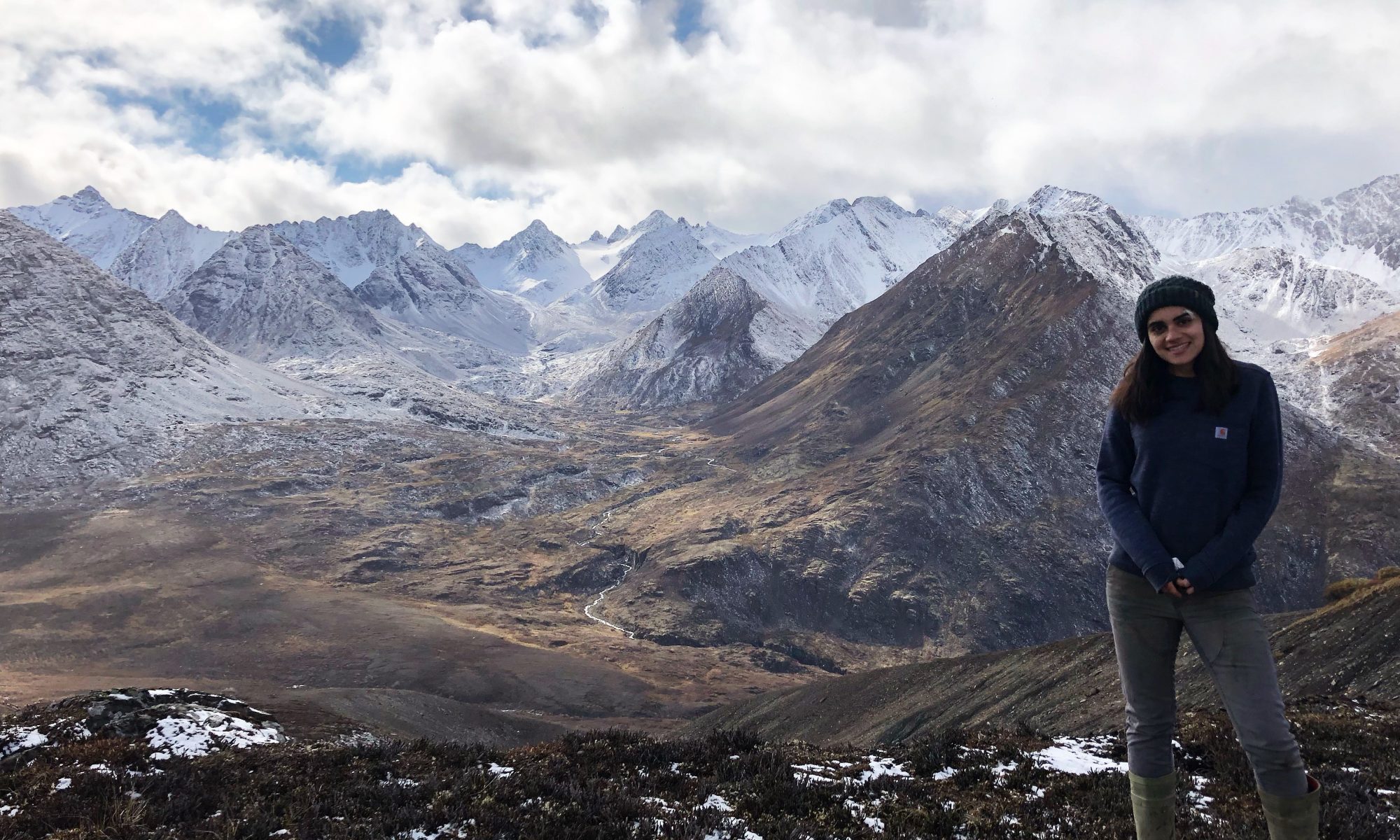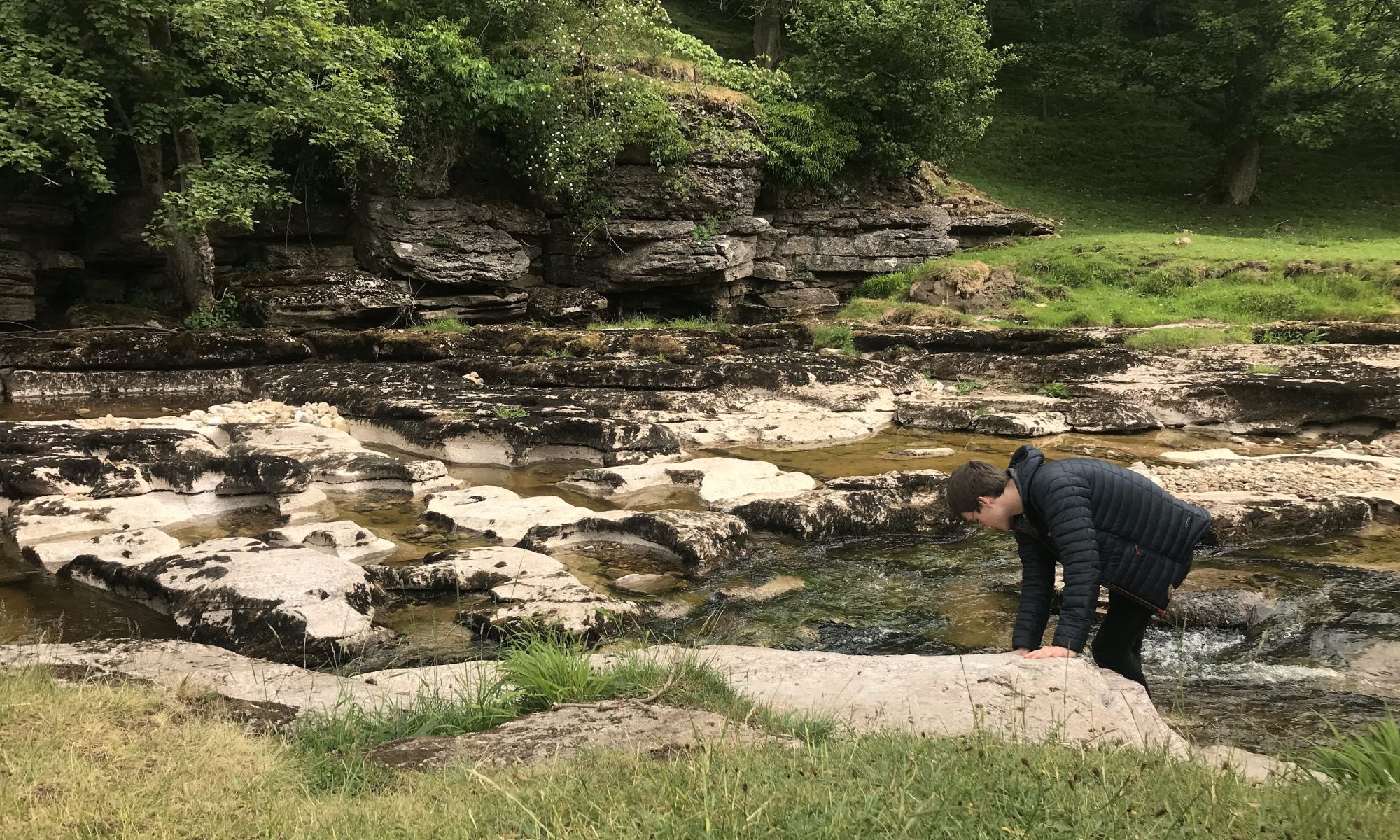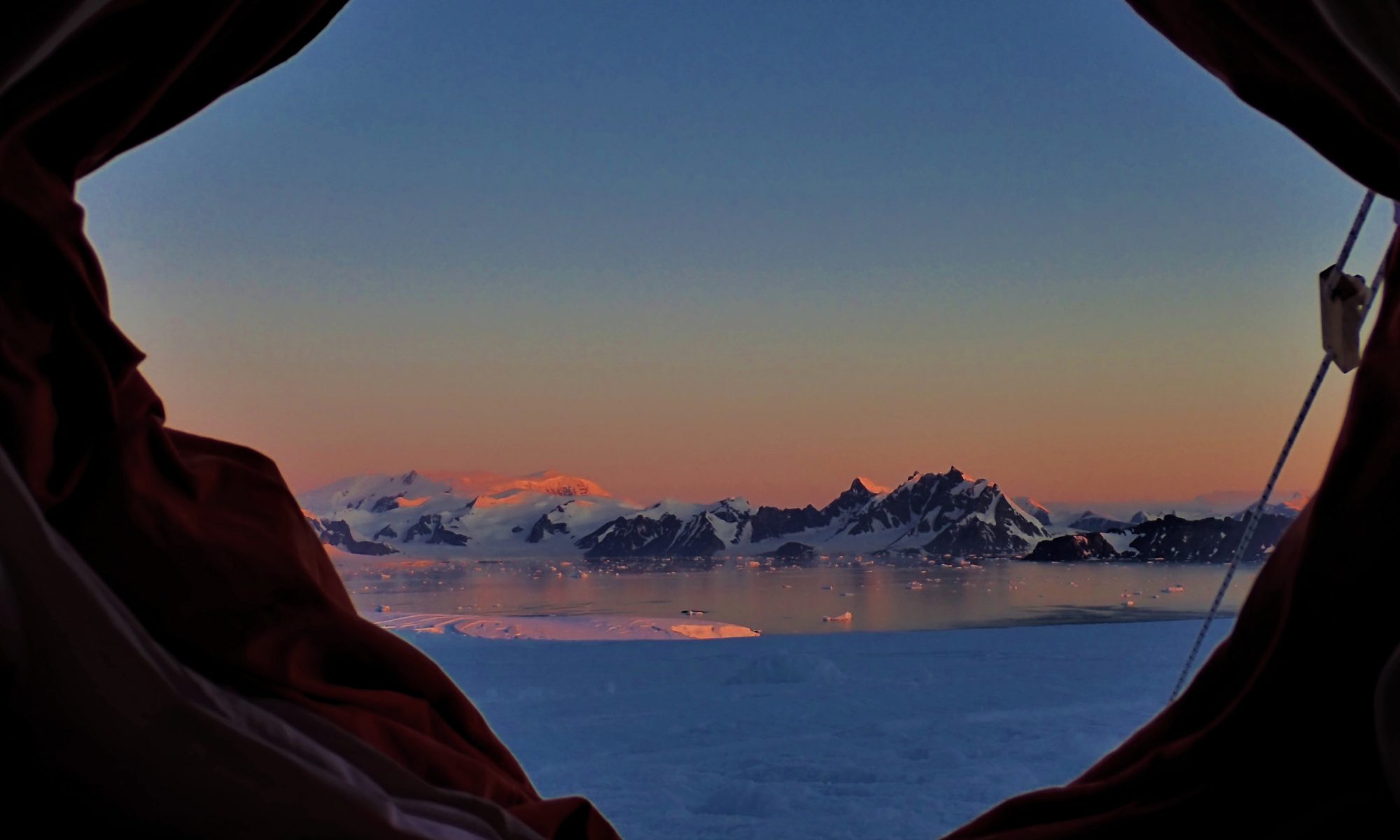Nicholas Barber, 4th Year PhD Student, tells us about his experience as a demonstrator for this summer’s first year field trip to Arran – the first since the pandemic started.
Covid-19’s impact has touched each and every one of our lives. While the impacts of the pandemic have been devastating, in a much smaller way Covid-19 has completely reshaped what it means to study Earth Sciences at Cambridge. Traditionally, our students would spend a week over the Easter holiday tramping through the bogs and heather on the Isle of Arran – this would be their first taste of fieldwork and would be “the best revision any Cambridge undergraduate could ask for.”
Continue reading “Arran 2021: reporting on the successes of running a field trip in Covid-times”